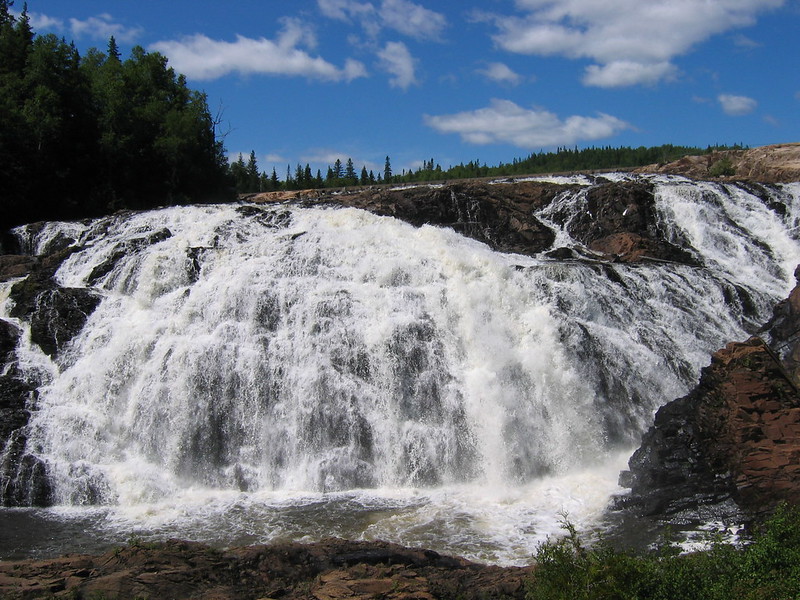Read: Captains of the Sands
Last night I finished re-reading one of my favorite books from my youth: Captains of the Sands (Capitães da Areia), by Jorge Amado. Published in 1937 in Brazil, the story follows a gang of street children in Salvador de Bahia. The boys sleep in an abandoned storehouse, and live by stealing and begging.
I found the book extremely gripping now, just as I did when I was young. Amado’s perspective relentlessly stays with his protagonists. The rich people and the police are sometimes antagonists, but more often just the background for the children’s daily fight to stay alive.
Amado’s storytelling is raw and unflinching. He doesn’t even try to pretend that his protagonists are perfect. These are children growing up in extreme poverty, with no protections. The police brutalize them whenever they get the chance. The kids have a moral framework to match. There’s a lot of routine violence, including rape, on the part of the protagonists.
The language reflects the deep-seated racism of Brazilian society. For the most part, this strikes me as simply descriptive: In 1930s Brazil, the color of your skin determined very much how others saw you — and that is still the case almost everywhere today. A lot of the kids, and of the adults that sometimes help them, are Black. Still, Pedro Bala, the leader of the gang and the book’s main character, is a white kid with blonde hair.
A couple of strong female figures notwithstanding, there’s a lot of routine misogyny, too, again reflecting the social status of women at the time. The boys see young girls mostly as sex objects. Yet the female sex workers among the secondary characters get equal billing and full agency.
It’s fair to say that most of the ugliness in the novel stems from the society it describes, not from its characters. The writing is often beautiful, though sometimes a bit clumsy. The editing is somewhat rough, particularly towards the end, where formulaic repetitions creep in.
If you can get past these very real weaknesses, the book is quite powerful. The authorities at the time certainly thought so: In 1937, the Brazilian military publicly burned over 800 copies of the book, and put Amado in prison as a communist agitator. He later went on to become one of Brazil’s most celebrated authors.
